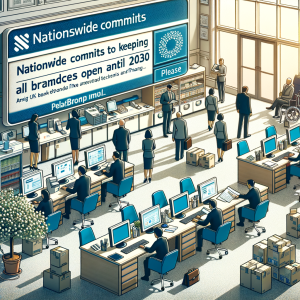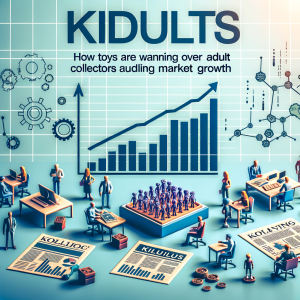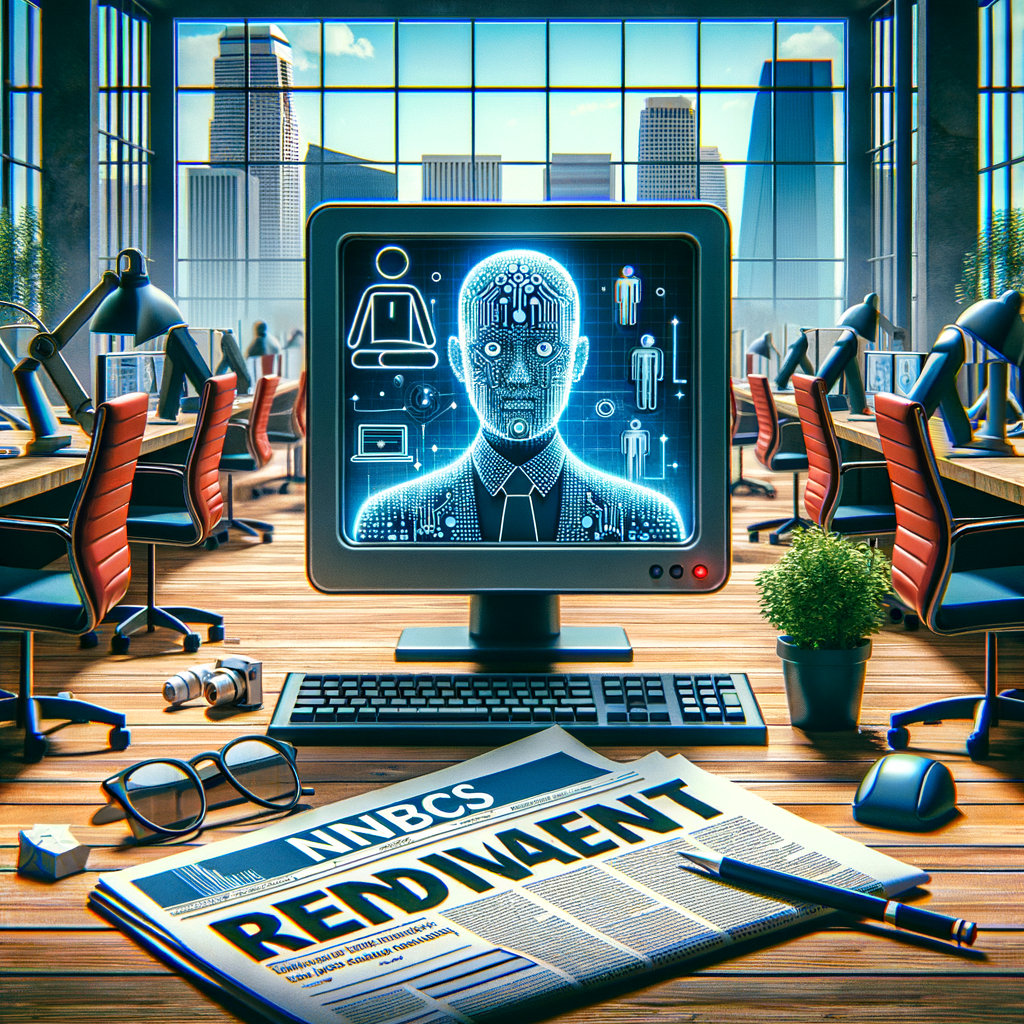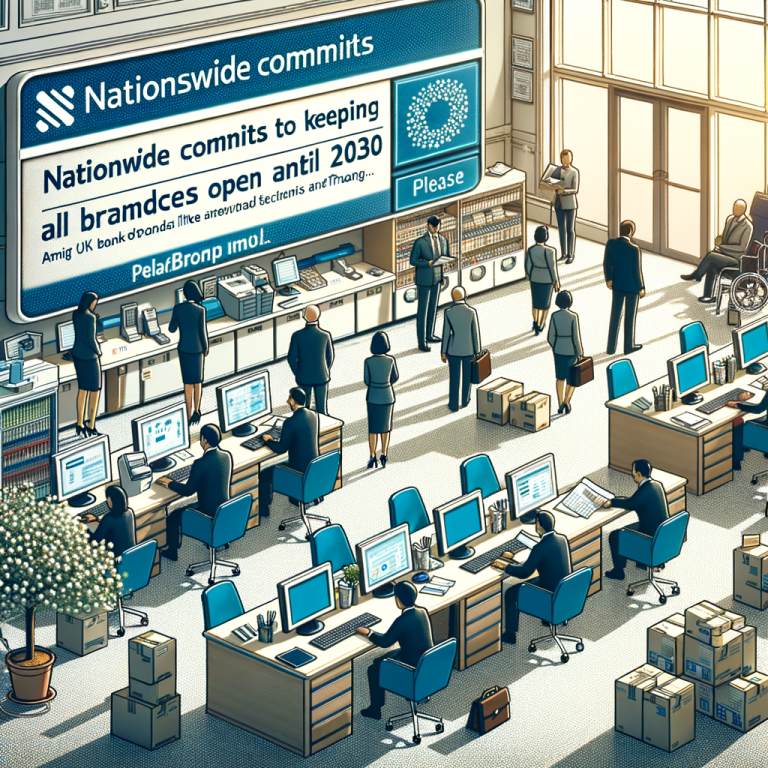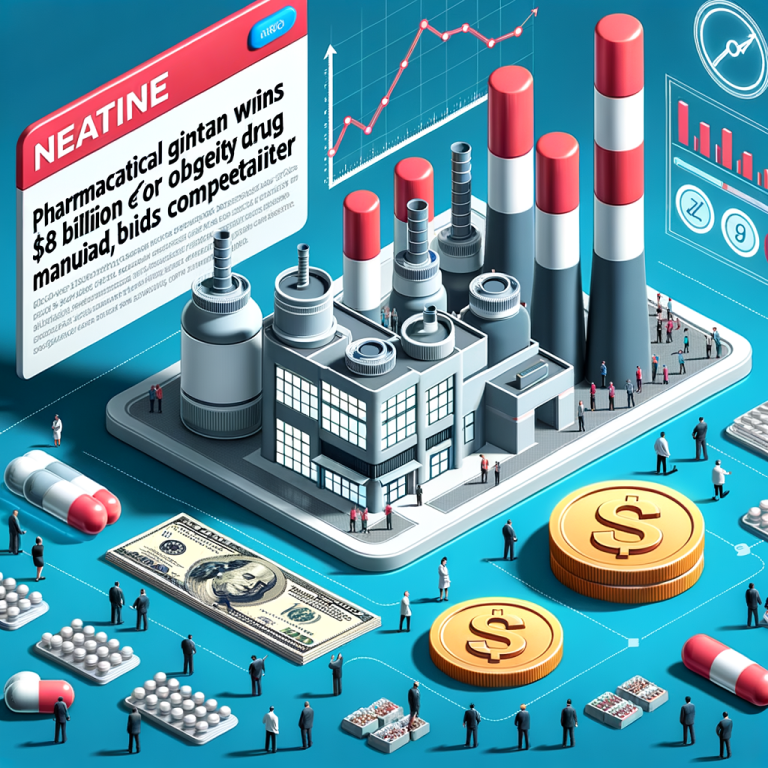(qlmbusinessnews.com . Fri 31st Oct, 2025) London, UK —
Navigating the New Era: How AI Advancements Lead to Massive Layoffs in Tech Giants
This week, Amazon's decision to cut thousands of corporate positions has intensified the ongoing concern that Artificial Intelligence (AI) is beginning to take over human jobs.
The company is among an increasing number of US firms attributing layoffs to the advancements in AI technology.

However, there are doubts about AI being solely responsible for these job cuts, with some questioning if the recent notable layoffs truly reflect the impact of the technology on employment.
Chegg, an online learning company, announced a 45% workforce reduction on Monday, citing the “new realities” of AI. Similarly, last month, when Salesforce eliminated 4,000 customer service jobs, its CEO attributed the decision to the work being done by AI agents.
UPS reported the elimination of 48,000 positions since the previous year, with its CEO previously suggesting that machine learning partly influenced the decision.
Yet, Martha Gimbel, Executive Director of the Budget Lab at Yale University, warns that drawing conclusions from company statements during layoffs is arguably the least accurate method of assessing AI's impact on employment. She suggests that company-specific factors often play a significant role.
“There's a tendency to overreact to individual company announcements, given the widespread concern over AI's potential effects on the labour market moving forward,” Ms Gimbel commented.
Certain workforce sectors, including recent university graduates and data centre workers, seem to be more susceptible to the adoption of AI.
Research from the Federal Reserve Bank of St Louis indicated a link between jobs with a higher presence of AI and rising unemployment rates since 2022.
However, Morgan Frank, Assistant Professor at the University of Pittsburgh, who examined the unemployment risk by occupation, found that the arrival of ChatGPT in November 2022 primarily impacted those in office and administrative support roles. Their likelihood of filing for unemployment spiked early in 2023, immediately after the release of the chatbot developed by OpenAI.
But for those in computer science and mathematical roles, “there's no significant change in trends with the introduction of ChatGPT,” he stated.
Mr Frank reflected, “Both tech workers and admin staff are facing a tougher job market than a few years ago, but I'd be cautious of blaming AI entirely for this.”
Amazon and other tech giants ramped up hiring before and during the early months of the coronavirus pandemic, when low-interest rates were the norm. This recruitment boom set the stage for the eventual trimming of their workforces, a development experts argue is separate from the recent surge in generative AI over the last three years.
Interest rate hikes by the Federal Reserve coincided with the launch of ChatGPT, adding another layer to the discussion.
Ms Gimbel pointed out, “Much of this discussion feels novel to people because it involves AI. However, nothing I've seen diverges from usual hiring and firing patterns, especially at this point in an economic cycle.”
A significant question she raises is what hiring patterns will emerge when the economy experiences solid growth again.
In the long term, distinguishing between cyclical and AI-driven job losses will be vital. For example, if the US economy were to enter a recession, typically, human resources and marketing jobs would be at risk—sectors also vulnerable to AI, making it harder to determine whether economic conditions or technology adoption, or both, are driving the cuts.
Amazon, which aims to eliminate approximately 14,000 corporate jobs, stated the need for a leaner organization to capitalize on AI opportunities.
Despite these layoffs, Amazon's performance remains strong, reporting a 13% year-on-year sales increase to $167.7 billion (£125 billion) in its July quarterly results, surpassing Wall Street predictions.
Enrico Moretti, Economics Professor at the University of California, Berkeley, noted that large tech companies like Amazon are leading the way in AI-related layoffs because they are both producers and consumers of AI technology.
However, he also acknowledged that the job cuts could be a result of adjustments following an aggressive hiring phase during the pandemic.
Lawrence Schmidt, Associate Professor of Finance at the MIT Sloan School of Management, suggested that Amazon's scale allows it to automate certain job functions more rapidly than competitors.
“It wouldn't be surprising if Amazon chose to eliminate certain roles or avoid hiring for roles easily automated,” Mr Schmidt remarked, indicating that job reallocation is likely, regardless of the overall job count.
This News Story is brought to you by QLM Business News, your Digital Media Channel.
Visit QLM businessnews.com for more business news stories. Also follow us on Facebook, X, and Youtube.
To help QLM Business News bring you more news stories like this, please like, share, and subscribe.
Unlock unparalleled business growth and effortlessly attract a stream of new customers through QLM Business News Sponsored Advertising. Elevate your brand's presence and captivate your target audience with precision. Visit QLMbusinessnews.com and click on “Advertise” to harness the power of strategic advertising. Don't miss this unparalleled opportunity to propel your business to new heights of success!
Disclaimer: All images presented herein are intended solely for illustrative purposes and may not accurately depict the true likeness of the subjects, objects, or individuals referenced in the accompanying news stories.









